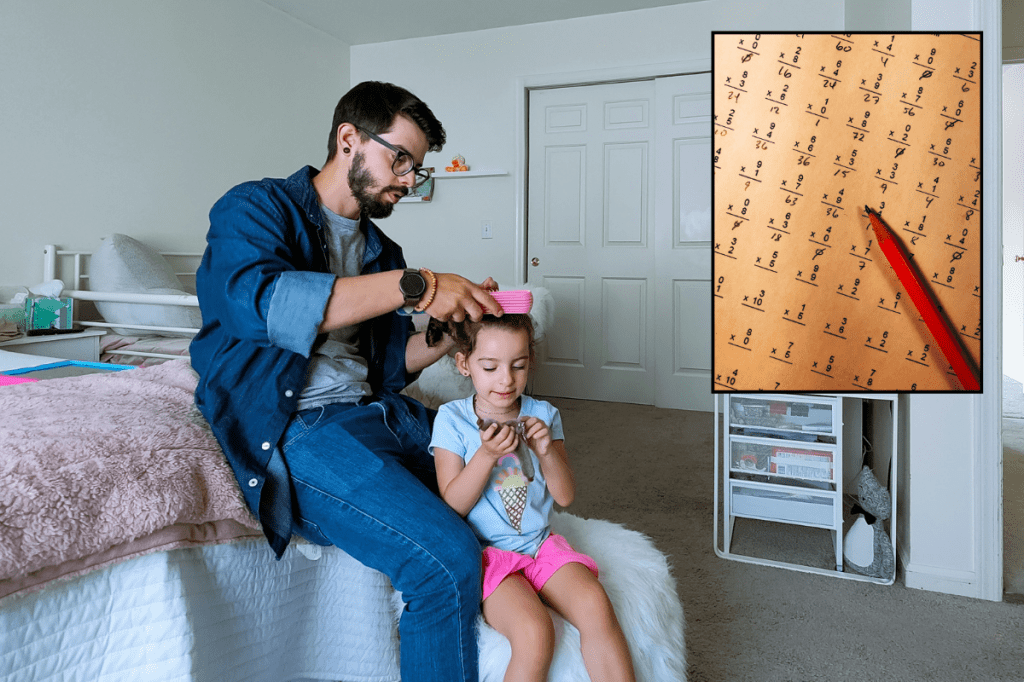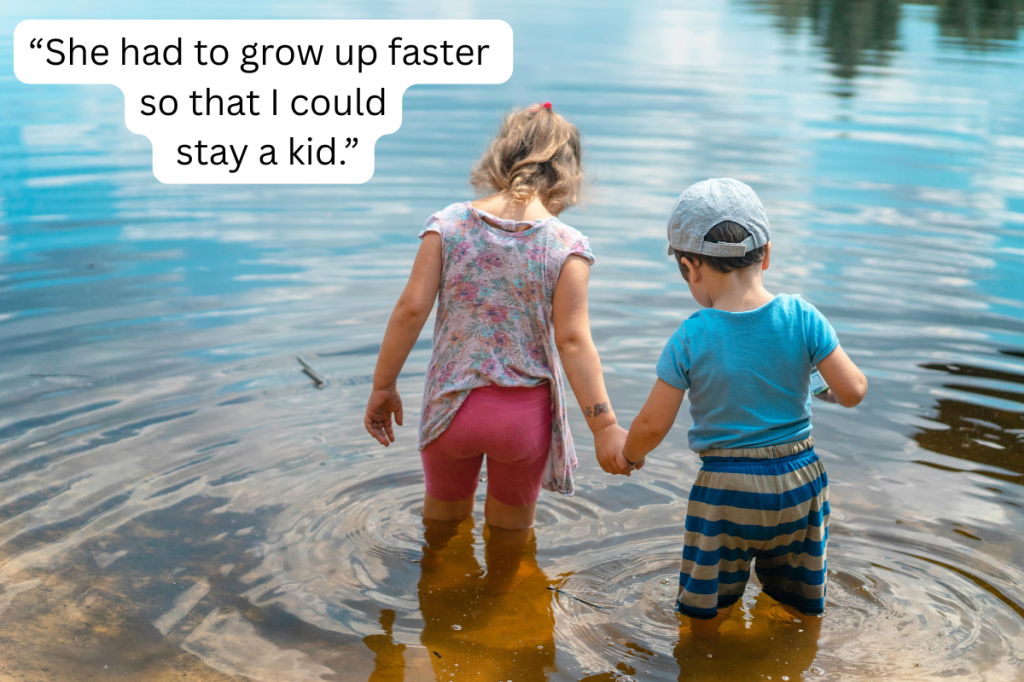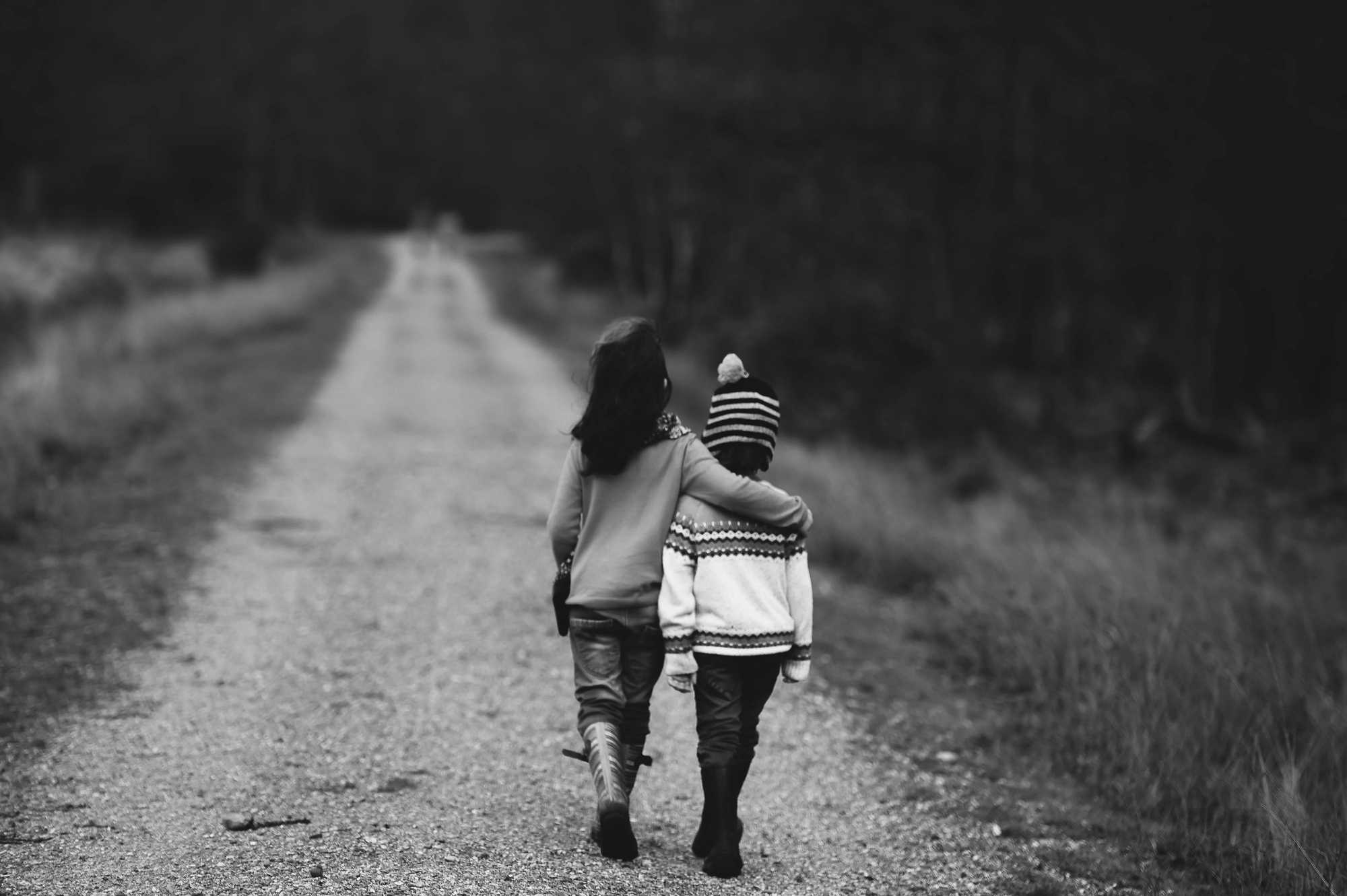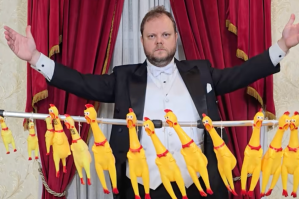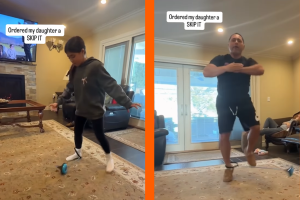Tantrums, meltdowns, and emotional outbursts are the bane of parents’ existence.
Once they start, they’re like a freight train. There seems to be almost no way to stop them other than staying calm and letting them run their course.
That is, until one dad on Reddit revealed his secret method.
A thread titled “Hack your youngster’s big emotions with math” has every parent on Reddit saying, why didn’t I think of that?
User u/WutTheHuck posted a simple comment on the subreddit r/daddit earlier this month.
“Heard about this recently – when your kid is having a meltdown, doing math engages a different part of their brain and helps them move past the big feelings and calm down,” he writes.
“We’ve been doing this with our very emotional 6-yr-old, when she decides that she wants to cooperate – asking her a handful of simple addition and subtraction questions will very quickly allow her to get control of herself again and talk about her feelings.”
So, basically, when the sobs and screams come on strong, having your kid tell you the answer to 3+3, or 10-7 is a good way to get them calm again, and fast.
OP goes on to call the technique “magical,” and mentions that his 6-year-old is legendary in his household for her epic tantrums.
The unique trick became a popular post on the subreddit, with a few hundreds comments from dads who were intrigued and willing to give it a try.
A month later, the results are in. The math trick works wonders.

What struck me as I read through r/daddit was how many follow-up threads there were that said something to the effect of:
The math trick worked!
One user wrote that when his kids woke up screaming from a nightmare, he responded with a simple addition question.
“Soon as my wife closed the door … [my kid] wanted mommy and started yelling her head off. I remembered the math trick and went ‘what’s 2+2?’ It worked like a charm; the screaming ceased by the second question,” he said.
In a separate thread, u/LighTMan913 had a message for “whoever posted here a few days ago about having your kid do mental math when they’re upset…”
“You’re a mother fudging genius,” he said.
“My 7-year-old got in trouble for being mean to his brother shortly before bed time. He was rolled over facing the wall in bed. Wouldn’t say goodnight. Just giving mumbles into the bed that are impossible to hear for answers.
“Started with 2+2 and by the time we got to 4096 he was smiling and laughing. 5 minutes after I left the room he called me back in to tell me he thinks he figured out 4096 + 4096 and I worked him through his wrong, albeit very close, answer.
“Worked like a charm. Thank you.”
It’s not just random dads on the Internet. Experts agree that this method is a bona fide winner for dealing with tantrums and outbursts.
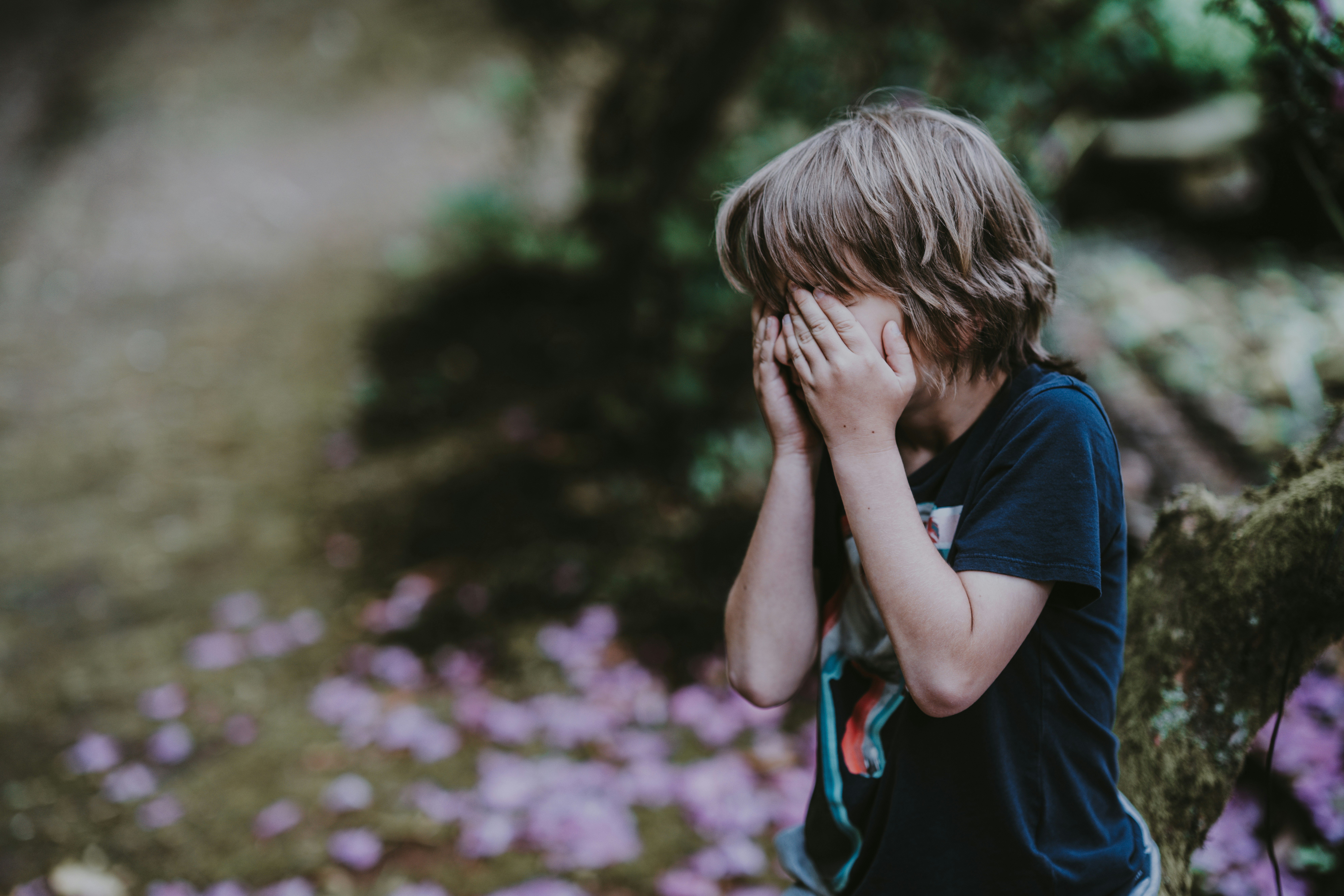
Amy Morin, a psychotherapist and author, had this to say about the viral technique:
“When our emotions rise, our logic decreases. The more emotional we feel, the more difficult it is to think clearly.
“A simple math problem requires you to raise your logic, which automatically decreases the intensity of an emotion.”
Morin says that the math trick basically boils down to a distraction. A distraction with the added bonus of re-engaging the logical side of a child’s brain.
“If you do what’s known as ‘changing the channel’ in your brain, you get your mind thinking about something else–like a math problem. When you shift your attention, your thoughts change,” Morin says, adding that adults can use this concept when they’re feeling overwhelmed, too.
“When a child is upset, don’t talk about why they’re upset or why a tantrum is inappropriate. Instead, help them change the channel in their brains and raise their logic. When everyone is calm, you can have a discussion about how the strategy works–and how they can apply it themselves when you’re not available to remind them.”
Now I just need to get my 4-year-old up to speed on basic addition and subtraction and I’ll be made in the shade!

